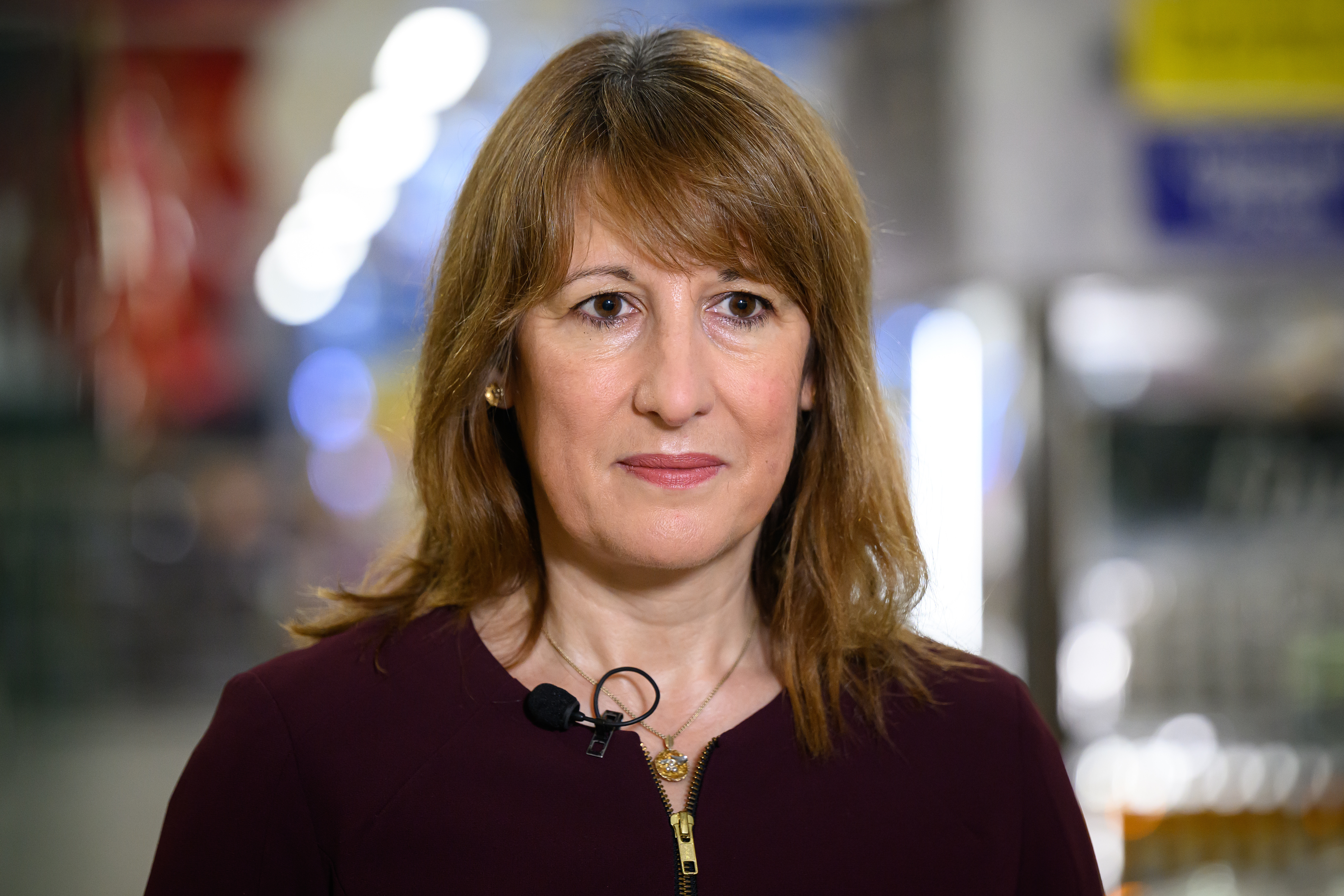
Gambling firms have warned they’ll shut shops and slash jobs if Chancellor of the Exchequer Rachel Reeves launches a tax raid on them in her budget. But punters are also likely to bear the brunt: The odds might be stacked even further in the house’s favor.
William Hill parent Evoke Plc is planning to make the odds worse for customers to counter taxes rises, according to Chief Executive Officer Per Widerstrom.
“We would have to look at the pricing we do in terms of odds generation to the customers,” he said in an interview. Offering more incentives, such as bonuses to keep customers betting, is also an option.
Weaker odds are an example of how betting firms are preparing for the worst in Reeves’ budget next week as she seeks to raise around £30 billion ($39.3 billion) to plug a black hole in the country’s finances. Aware that they’re likely to be hit with higher taxes — a move that could prove popular with the public because of concerns around problem gambling — executives are already thinking of ways to cushion the blow.
ALSO READ: UK business warns against ‘Death by a thousand taxes’ at Budget
“We will have to look at the market investments we do in the UK, and obviously we will have to assess the cost levels that we do have in terms of the shops,” said Widerstrom. “We are talking about tens of thousands of retail employees that would have to go across the sector,” he added.
William Hill has 1,300 UK shops and has already shuttered some following the government’s increase earlier this year to national insurance contributions — a payroll tax — and the minimum wage.
Other firms like Betfred have warned about the impact that higher taxes will have on a sector that’s stagnating in Britain. Meanwhile, Sky Betting & Gaming, the online operator owned by Flutter Entertainment Plc, in June moved some staff to its Malta location, with a spokesperson citing challenges including looming tax hikes.
Faced with tighter regulations and rising tax burdens, many operators have begun shifting their attention to the US market, where relaxed rules have sparked a boom in sports betting.
While Reeves has said “there’s a case for gambling firms paying more,” she hasn’t said how much.
READ MORE: UK unemployment at highest since pandemic as jobs market cools
The left-wing Institute for Public Policy Research think tank in August said she could raise £3.2 billion through several measures. These include raising the levy on online slots, bingo and poker to 50 percent from 21 percent currently, boosting the duty on slots and gaming machines to 50 percent from 20 percent, and increasing general tax on all sports wagers (excluding horseracing) to 25 percent from 15 percent. The proposals were backed by former Labour Prime Minister Gordon Brown, and could raise the amount needed to end a cap on child benefits, the IPPR said.

However, a report from EY commissioned by the Betting and Gaming Council lobby group said this assumes gamblers spend the same even if betting companies worsen the odds, overstates the future growth of online gambling, and doesn’t take into account recent reforms.
Gambling firms employ more than 109,000 people in the UK, both directly and indirectly, and pay around £4 billion in tax, EY said. Around 40,000 jobs are at risk, according to its analysis.
Firms are under no illusion they’ll be spared on Nov 26. “There are going to be tax hikes — I don’t think there’s any potential about it,” said Greg Knight, Managing Director at JenningsBet, which has 150 stores. “It depends on whom they land and how much they are, really.”
A key point of contention is whether the higher taxes will target online firms or fall primarily on betting-shop operators, which have been hit by stricter regulation in recent years. “If the government were to tax high-street betting, it would be taxing the only part of the industry that’s really suffering,” Knight said.
Regulatory Crackdown
Gambling has for centuries been a mainstay of British recreation — from wagers on horseracing and football pools to the bingo halls and betting shops that became staples of high streets in the 1960s. The UK became a pioneer of online gambling as punters began to bet on their computers and smartphones. But the shift to fast-paced, 24/7 online gambling introduced additional risks, with players far more likely to show signs of problem gambling.
That boom is now happening in the US, with a number of UK firms striking deals with casino operators there to take advantage of the soaring demand. Others, such as Flutter, have moved their listings to New York.
Back home, a regulatory crackdown, including a ban on addictive fixed-odds betting terminals, has taken a toll on the industry. Even online, the UK has in recent years lost its title as the world’s largest gambling market, with the US and Japan overtaking it.
With retailers grappling with a UK consumer who remains squeezed by high inflation, the future of the British high street looks bleak. If these stores do close, it’s not clear what would replace them.
Horseracing could avoid the worst of the taxes as betting on the sport is viewed as less harmful than some online gambling games. But that hasn’t stopped concerns that it too will be targeted.
Bookmakers provide about £100 million to the sport each year through the Horserace Betting Levy, as well as substantial revenue from media rights and sponsorships, according to Brant Dunshea, interim chief executive of the British Horseracing Authority.
“If it means that a race course loses a significant sponsorship, that means they have to make decisions around whether they still contribute the same amount to prize money,” Dunshea said.
Policy Dilemma
Taxing the sector also presents a policy dilemma. While part of the goal may be to curb problem gambling, higher duties risk driving more players to the black market, according to a PwC report last month commissioned by the Betting and Gaming Council. Regulators like the UK’s Gambling Commission have been taking down some of these unlicensed operators, but it’s a game of Whac-A-Mole.
The UK market has undergone significant consolidation in recent years, in part because of the US boom. Evoke, formerly known as 888 Holdings Plc, was part of it when in 2022 it bought William Hill’s entire business outside the US from Caesars Entertainment Inc.
Higher taxes could trigger a fresh wave of deals as smaller players get weaker, Flutter CEO Peter Jackson said last week.


